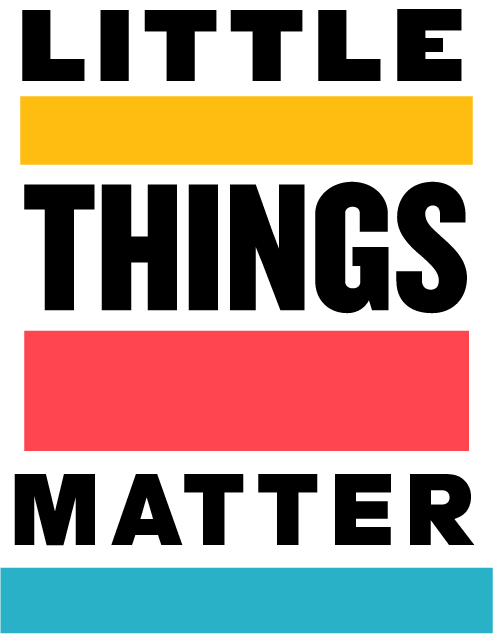Safe Storage
Always remember: when your medications are stored safely, your family is safe.From young children who don’t know that medications are dangerous, to teens who may be feeling peer pressure to take medications that are not theirs, it’s best to make sure that only you know where your medications are stored.
- Talk to your doctor about what medications you need to keep.
- Keep all medications (even over-the-counter ones) in a safe—and ideally locked—place away from children and hidden from teens and young adults.
- If you or a family member have been prescribed an opioid, carefully monitor the dosage, number of pills and refills, and review the signs of addiction.
Disposal
It is extremely common for people to think they are keeping pills “just in case”, but this poses a danger and a threat to you and other family members.Leftover or expired medications should be disposed of safely and as soon as possible. Keeping opioids out of the house is the easiest way to protect your household from accidental misuse.
Why can’t you just throw unused pills in the kitchen trash? For a couple of reasons. First, there’s still a chance that they could get into the wrong hands in your home even when they’re thrown away. And, when they make it to the landfill, they release their harmful properties into the environment and water systems, causing immense harm. It also puts sanitation workers at risk of exposure, as some drugs can be absorbed through the skin with direct contact.
Drop Off Site — These allow you to dispose of your medications at a safe location so that they won’t get into the wrong hands.
- Find a drop off site here.
- Gather all unused medications in the house.
- Drop off medications.
Deterra Bag — These neutralize the opioids so that they are no longer harmful and can be thrown away safely.
- Buy a deterra bag from a local vendor or online.
- Gather all unneeded medications in the house.
- Place medications in the deterra bag following the directions indicated on the bag and throw away.
Why can't I share my medications?
The number one source of abused prescription opioids is free pills from friends and family.While none of us want to see our loved ones in pain, prescription painkillers, when they are misused, can have tragic consequences like dependency and even death.
If someone asks you for your prescribed medications:
- Let them know that you can’t give them any of your prescribed medications because it could have long-term negative effects (and it’s a federal offense).
- Ask them if they’re in pain and what they’re currently doing to manage it.
- Help them research alternative pain management options and schedule an appointment with their doctor to discuss what’s right for them.











